👋 Happy New Year and welcome back to Starting Early. Every other week, we spotlight new reports, useful news, engaging interviews with people doing important work in the field, and interesting takes on issues that matter.
This week’s issue celebrates and elevates the role of fathers. A growing body of evidence confirms the vital role a father can play in a child’s life. Whether supporting mothers in prenatal care or providing children with a sense of security, fathers can and do make a difference.
And who better to explain the power of involved fathers than fathers themselves? We share fatherhood stories of experts and advocates and how their experiences shape their work.
Read on and click the links to go deeper.
1 big thing: Impact of paternal health on children and families under-researched
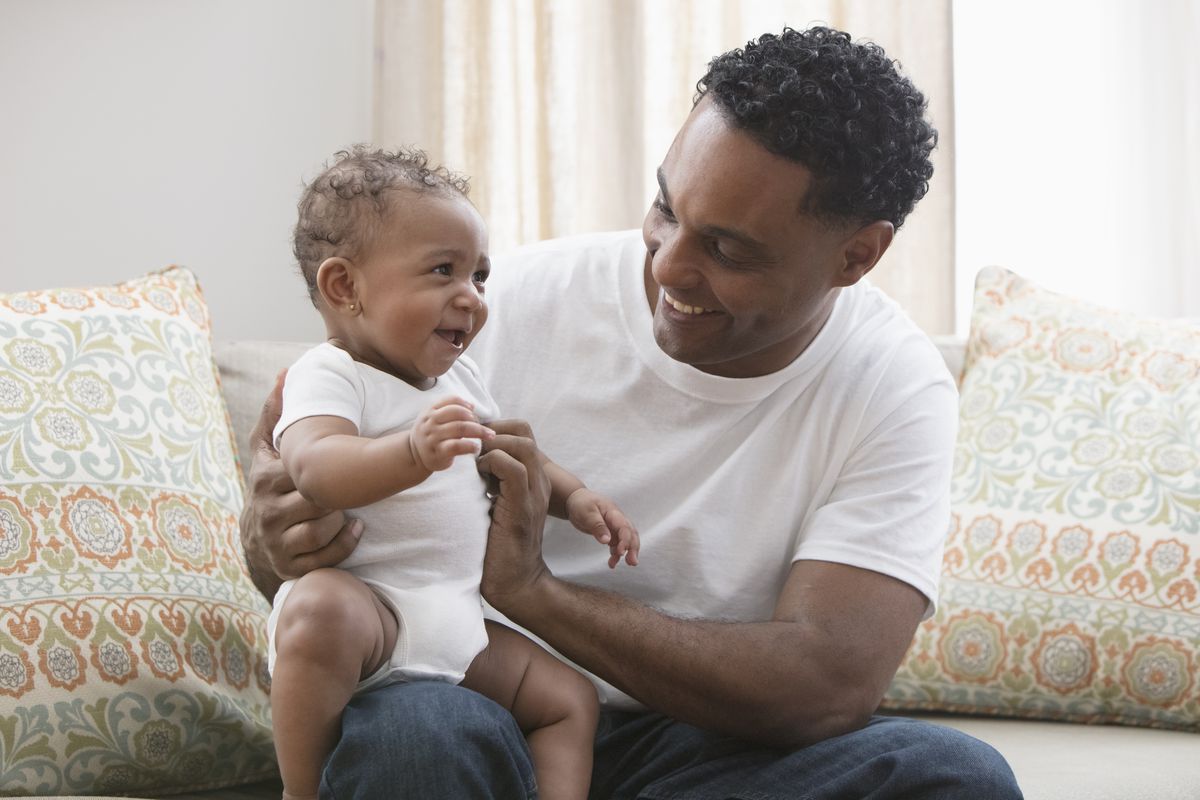
With more than 72 million biological fathers in the US – and millions more stepfathers, grandfathers, uncles, older siblings, adoptive parents, and same-sex parents – nearly 62% of men over 15 are parents.
Yet, while paternal health affects maternal health and developmental outcomes for children, resources for dads, especially those transitioning into fatherhood, are scarce.
The stats:
- Paternal depression, which affects up to 20% of fathers, is most severe in the first 5 years after birth.
- Increased daily cortisol (a hormone indicative of stress) – especially in fathers of infants transitioning home from the NICU – can predict cardiovascular risk, reduced cancer survivorship, metabolic issues, and more.
- Becoming a dad is associated with a substantial increase in BMI trajectory, which brings increased risk of diabetes, cardiovascular disease, cancer, and other problems.
Importantly, with societal pressures around masculinity, men are more likely to report minor physical symptoms than psychological issues. So, the stress fathers report in surveys might be far less than what they actually experience.
Why it matters: The traditional role of a father has been that of the breadwinner, but as expectations around fatherhood shift, so too have fathers’ involvement in supporting the socioemotional well-being of their children.
Depressed fathers also influence maternal depression, increase conflict, and more frequently engage in negative fathering behaviors, which in turn harm children’s emotional, behavioral, learning outcomes and cause other physical issues that can cause life-long problems.
Unfortunately, few parenting education programs specifically target fathers. Among those that do, there is little effort to report program effects on fathers separate from that of mothers.
How can we engage dads more?
- Start early: Fathers may be most open to their own healthcare interventions from clinicians when they first become dads.
- Get data on dads: Co-administer tools like CDC’s Pregnancy Risk Assessment Monitoring System to fathers (PRAMS for Dads) and their partners, then offer appropriate resources to support parents both in hospital and at home.
- Design dad-tailored services: Incentivized, mobile-friendly co-parenting programs with male-female facilitators are most impactful.
2. Dispatches from the field: Spotlighting the importance of fatherhood
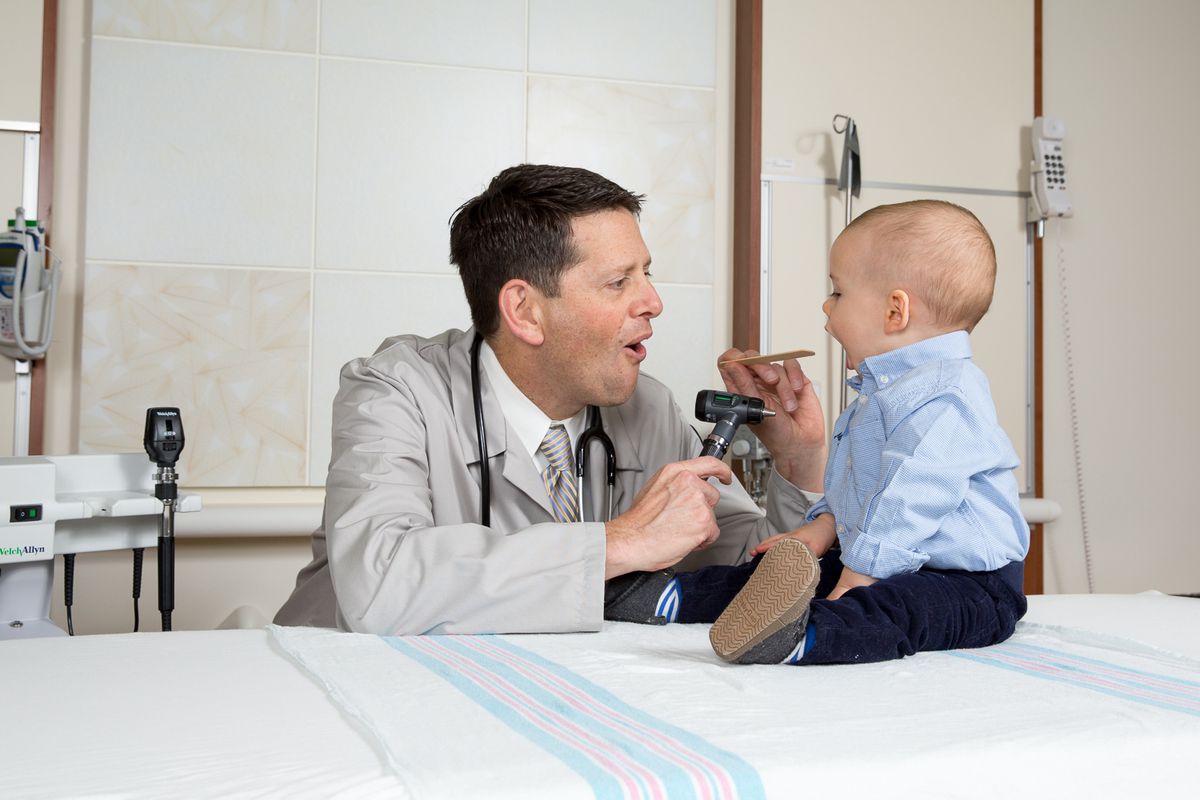
Meet Dr. Craig Garfield, pediatrician, Ascend Aspen Institute Fellow, and Professor of Pediatrics and Medical Social Sciences at Northwestern University. As a stay-at-home parent to his infant son, Dr. Garfield realized a gap exists in attention to fathers in research and pediatric settings. That pushed Dr. Garfield focus on the important role fathers play in their children’s lives and the benefits to children from paternal health.
Support given to fathers is often lacking, but can have lasting benefits. “My hope from this work is that it helps fathers to see themselves out there in the bigger world and see that it’s not an anomaly,” Dr. Garfield says. “If fathers are involved early on with the baby, they’re much more likely later on, when the baby is nine months-, 12 months-old, to be involved in diapering, clothing, feeding, and bathing the child. It’s about investing time and making that commitment early on.”
We discussed:
- Increasing awareness of paternal mental health issues
- Greater involvement of fathers in the care of their children
- Collecting more data on fathers to inform public health policy decisions
Dr. Garfield also spoke with us about the need for screening tools for paternal postpartum depression:
“We do this for moms already,” he points out. “What happens when you start thinking about it from the dad’s perspective? We looked at parental mental health scores in the NICU, at discharge, and going home, and found that, while moms actually do a bit better, dads are exactly the same when they walk into the NICU, when they leave the NICU, and 30 days later.
“So, we’ve done nothing to help their mental health while they’re in the NICU. Most of the time, it’s because we don’t bother to include them, or let them know how important they are for their baby and their partner.”
Read the full interview here.
3. “Dadvocates” on the frontlines of the maternal health crisis
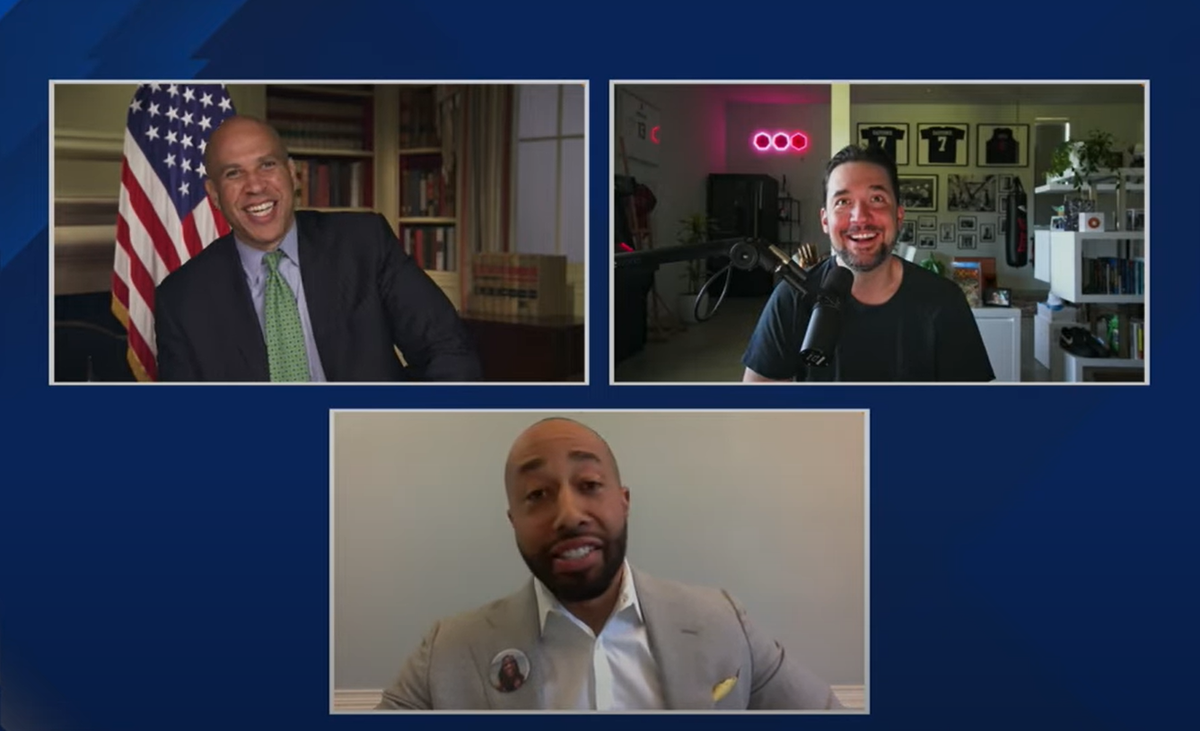
In December 2021, the White House hosted its first-ever Maternal Health Day of Action. Vice President Kamala Harris addressed the nation’s maternal health crisis and called on the public and private sectors to combat it.
US Sen. Cory Booker of New Jersey led a panel on the role of men in the maternal health crisis, featuring Charles Johnson, founder of 4Kira4Moms, and Alexis Ohanian, co-founder and executive chairman of Reddit and husband of tennis champion Serena Williams.
The panelists shared stories of their partners’ pregnancies and the motivations behind their advocacy. Kira Dixon Johnson, Charles’ late wife and mother to his two sons, tragically lost her life a day after the birth of her second son. Despite pleas to the medical team to address her concerns, Kira suffered from internal bleeding for more than 10 hours prior to her passing. Following Kira’s death, Charles committed himself to maternal health advocacy, eventually founding 4Kira4Moms in her memory. Charles shared, “I owe it to her. I owe it to my boys. I owe it to all the other mothers that have lost their lives, giving the ultimate gift of birth, to do everything we can to make sure we send other mothers home with their precious babies.”
Charles advocated for the Preventing Maternal Deaths Act, unanimously passed by Congress in 2018. The Act established a federal infrastructure to collect data on maternal deaths by funding maternal health review committees in all 50 states.
When sharing the birth experience of his wife, Serena Williams, Alexis acknowledged that — despite their access to quality care — Serena found herself having to advocate for proper care in the face of pregnancy complications. Alexis shared, “To see how close she was to passing, in spite of all the advantages we have, was a humbling and grounding experience.” He took 16 weeks of paternity leave, recognizing the importance of this time to support his wife and bond with his daughter. Serena’s postpartum experience led him to partner with Dove Men+Care and nonprofit Paid Leave for the United States (PL+US) to advocate for paid family leave at the October 2019 Dad’s Day of Action, where he and other “dadvocates” met with members of Congress.
Watch a recording of the Summit here.
One smile to go: Guiding fathers through the parenting journey 😀
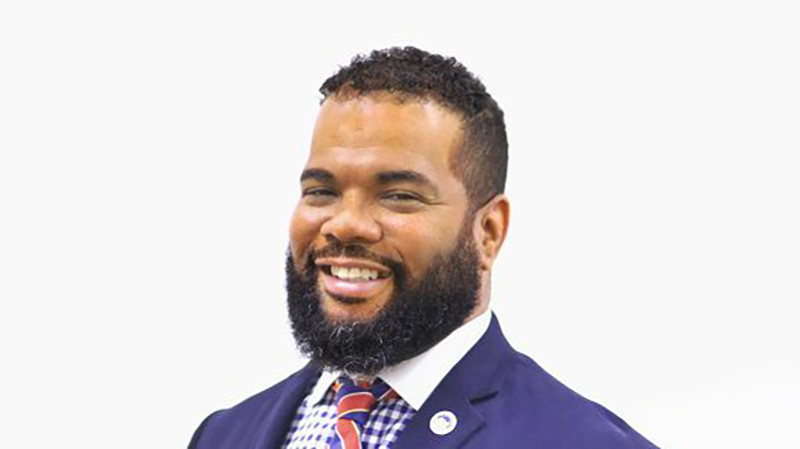
Founded as an orphanage in 1859, the Father Center of New Jersey in Trenton has a history of supporting New Jersey children and families. Father Center offers economically-focused programs and services such as on-site interview practices and its Bridges2Success program, which helps fathers earn high-quality job certifications. After completing the program, participants are hired at an average of $5.40 above minimum wage.
Carter Patterson helps fathers fully engage: He reconnects dads with their children and teaches them to be a healthy presence in their children’s lives. A father of four, Carter “leads with his heart” when parenting, a notion that he incorporates within his work as Director of Programs at the Father Center. Carter explains, “I have a philosophical approach to the case-management process that I call the ‘warm blanket approach.’ This is an idea that every man that comes through the door must leave with his dignity intact.” He continues, “This approach means developing rapport first. If a person is pouring out his heart and soul and you’re pounding away at your keyboard, this is not making an authentic connection and not recognizing that person as a human being.”
Workforce development brings economic success: “We’re very intentional with the language and messaging. Talking about economic success sets up a different expectation in the dad’s mind to explore new things. We always want to be able to open up those possibilities for men,” Carter says. “They all need the same level of help, humanity, and intentionality to set expectations way up high. You can build wonderful things that people did not expect when they walked through the door.”
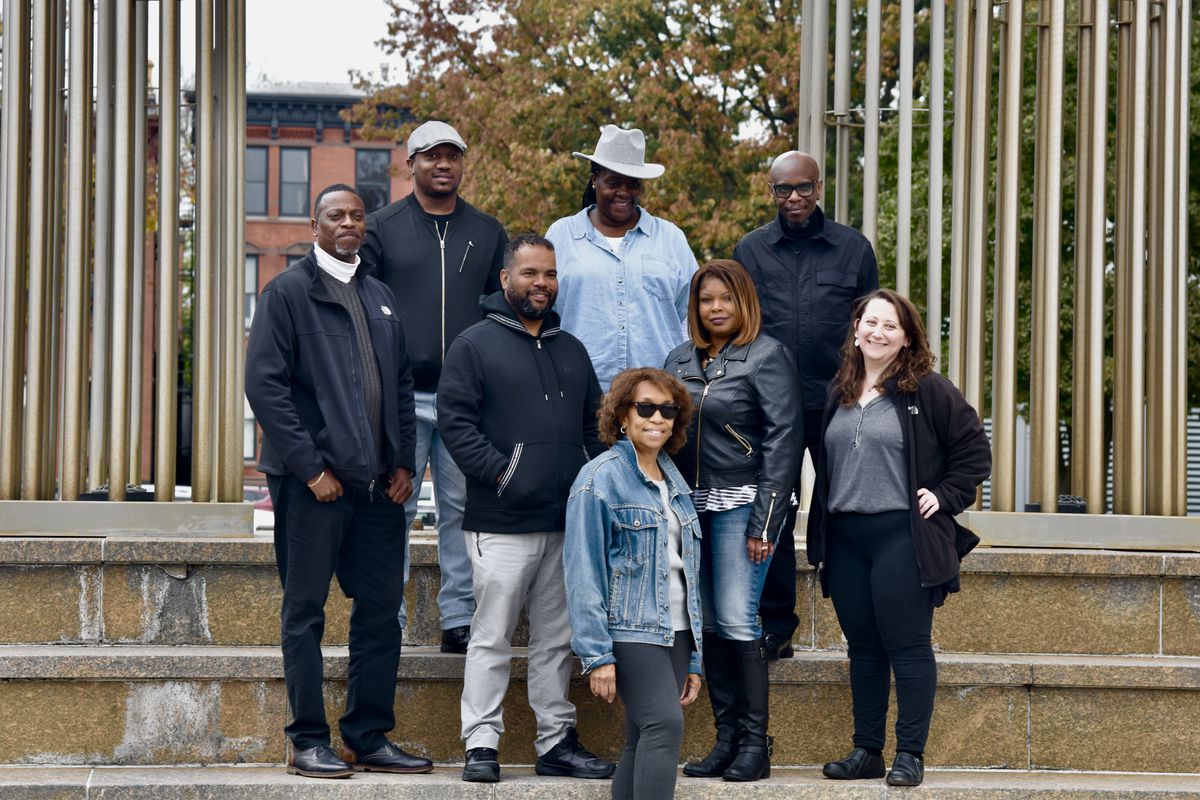
To offer your support, consider making a donation or selecting the Father Center as your AmazonSmile charity!
